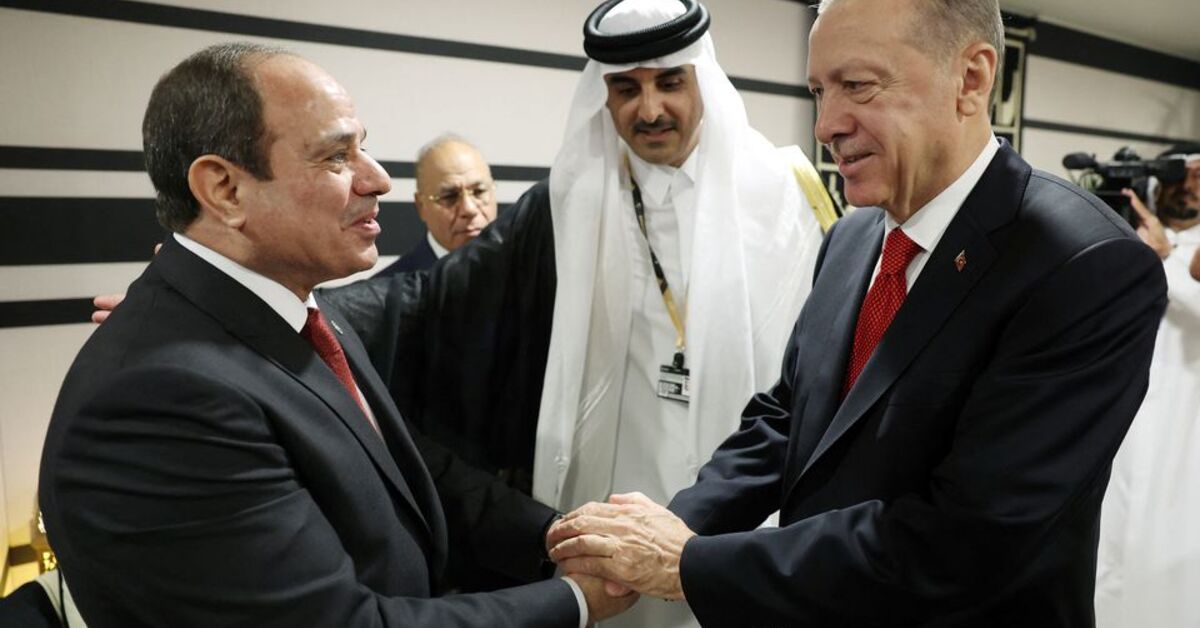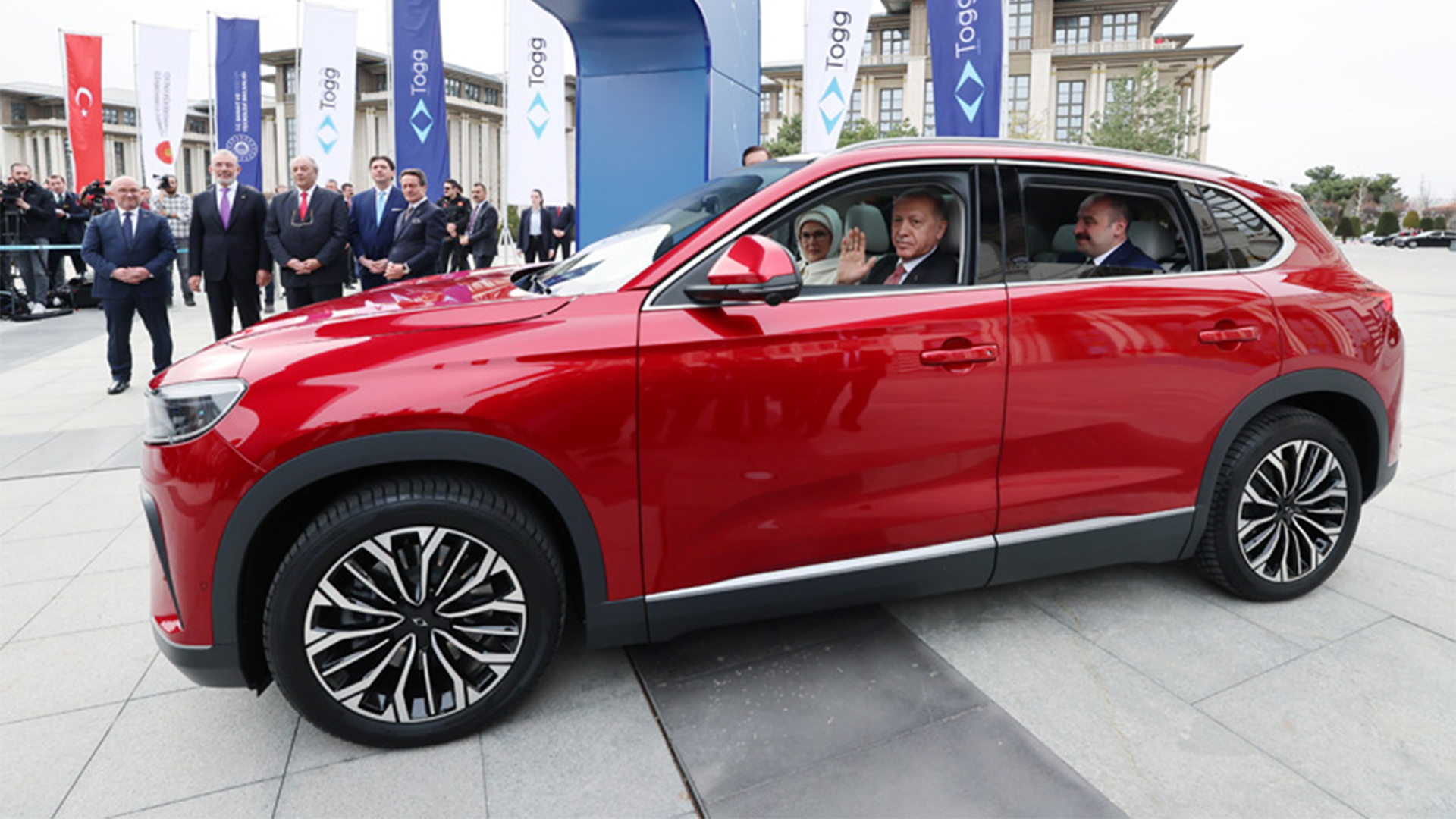Turkey flexes its geostrategic muscle in Russia’s war in Ukraine: Brian R. Harper
CLEVELAND — This week, Turkey continued to broker a potential peace plan in the Russian-Ukrainian war. During talks in Istanbul, Russia signaled it would decrease the pace of military operations in Ukraine. Ukraine, the victim of Russia’s invasion, signaled a willingness to embrace neutrality and no longer host foreign military forces on its territory — some of Russia’s justifications for starting the war.
The proposals are promising, given the scale of human and infrastructure damage the conflict has caused. But, as U.S. Secretary of State Antony Blinken noted, “There is what Russia says, and there is what Russia does. We’re focused on the latter.” Given the ongoing and Russian-caused devastation, Secretary Blinken’s warning that Russia could be bluffing may prove true. However, because both proposals may lead to an end to the current crisis, the talks are significant.
The talks are also significant because they are taking place in Turkey. This fact points to Turkey’s increasingly central position within the world’s growing number of regional conflicts.
Turkey is, in practice, serving two roles: It is a weapons distributor, and it may be a peace guarantor. For instance, Turkey’s TB-2 drone, the country’s championed aerospace export, was sold to the Ukrainian military prior to Russia’s invasion. Since its employment against Russian convoys, social media accounts have allowed the world to visualize the TB-2′s lethality. The TB-2 has now proved its worth as a combat platform in eastern Europe, as well as in conflicts in the Middle East, East Africa, the Caucasus region. Secondly, Turkey exercised its right to prevent warship access into the Black Sea, a move that limits additional military sea assets from entering, exiting, and possibly expanding the conflict.
Further, and most importantly, as a result of the above, Turkey has proved to be the sole NATO-affiliated nation that can transition its weapons delivery and punitive diplomatic actions into credible influence. Sanctions, rhetoric, and arms trading are a feature of western involvement in the war. But, there is only one NATO country leader, Turkish President Recep Tayyip Erdogan, that has been able to do such things and sit down with representatives from both warring sides in an attempt to pursue peace.
Although U.S.-led sanctions have imposed high costs on the Russian economy and led to a unified western European response, the threat of these sanctions didn’t deter the Russian Federation from beginning the invasion, and they appeared to have further polarized some Russian government leaders’ opinions about the conflict. Like the TB-2, NATO weapons are being employed to kill Russian soldiers at high rates. But, U.S. President Joe Biden also inadvertently called for Russian regime change while touring Poland (a concept Russian President Vladimir Putin is supposedly obsessed with) — comments that probably won’t ease tension between the United States and Russia or usher in an end to the conflict.
In contrast to U.S. and other attempts and failures to end or pre-empt the conflict, Turkey has, so far, accomplished a feat of what scholar Joseph Nye would probably call “smart power” international politics. By leveraging its geography, by exporting weapons, by using its connection to NATO, and by exploiting its trade relationship with Russia, Turkey has, for now, become the linchpin of any potential peace process.

Brian R. Harper is a native Clevelander and Ashland University graduate who has worked in public and private enterprise.
Turkey’s influence in the Russian-Ukrainian war is only the most recent example of its relevance to ongoing regional conflicts. In the last few years, Turkey has also moved to secure more access to the Mediterranean economy, it has deployed military units to Libya, it has negotiated with the Taliban, and it exported munitions to Ethiopia during that country’s recent civil war.
If the world’s current conflicts are, as The Atlantic’s Michael Schuman wrote, “splitting it [the world] into two [ideological] spheres [between the US and China],” then Turkey is tangibly occupying a strategically and incredibly important middle position for many nations experiencing or participating in military conflicts.
Brian R. Harper is an Ashland University graduate who has worked in the public and private sectors.
Have something to say about this topic?
* Send a letter to the editor, which will be considered for print publication.
* Email general questions, comments or corrections regarding this opinion article to Elizabeth Sullivan, director of opinion, at [email protected].


